A Texas appeals court heard oral arguments but made no rulings in the State of Texas v The City of San Marcos marijuana decriminalization lawsuit.
The hearing in the Texas 15th Court of Appeals came after a Hays County judge initially dismissed the lawsuit in July 2024. The appeals court heard arguments for the case at the same time as a related lawsuit against the city of Austin.
In the appeal, the state was asking for a temporary injunction, or pause of marijuana decriminalization, in San Marcos and Austin, while the case moves through the courts. If the court of appeals grants the injunction, San Marcos and Austin would be required to fully enforce the state and federal drug laws.
The state argues that the marijuana decriminalization ordinance violates Section 370.003 of the Local Government Code. This section states that cities cannot pass ordinances that will impede the full enforcement of state drug laws. The state’s attorneys argued that San Marcos violated 370.003 when it adopted Proposition A in 2022.
The defense for the city of San Marcos argued that while they no longer prosecute for possession of 4 ounces or less of marijuana, they still enforce state drug law by confiscating any potential marijuana and can still prosecute for higher charges such as possession with intent to distribute, or when other crimes were committed at the same time. San Marcos’ defense said that should still qualify as fully enforcing state drug law.
Chief Justice Scott Brister disagreed that San Marcos was fully enforcing drug laws.
“So the enforcement is we’ll take away your marijuana or hemp, whatever it is, and as long as you don’t do something worse, it’s not part of a larger drug offense, you’re not going to be prosecuted?” Brister said. “That can’t be full enforcement.”
The defense for San Marcos argued that city council did not adopt Prop A but could not prevent its adoption since it was approved by public ordinance.
The state argued that city council did vote to adopt the ordinance, which they said violated the law. According to the state, the city canvassing and certifying the results of the 2022 election counts as voting to approve the proposition.
Brister seemed unconvinced by the state’s argument. He noted that while San Marcos City Council initially refused to pass Prop A, the city charter and state law required them to place it on the ballot since it was a petition. He questioned if the state believed city council should have just not counted the votes in the 2022 general election.
“It reminds me of a vice president being asked to refuse to count the electoral college votes,” Brister said. “Here there are the people that vote them in and out of office saying ‘we passed this you need to canvas it’ and the city council was supposed to say ‘no we refuse?’”
After hearing the arguments from both defense teams, the state spoke again. According to the state’s attorney, they will eventually seek to repeal the marijuana decriminalization ordinances in both cities.
At the end of the hearing, no ruling was issued; the court instead moved on to hear the next case on its docket.







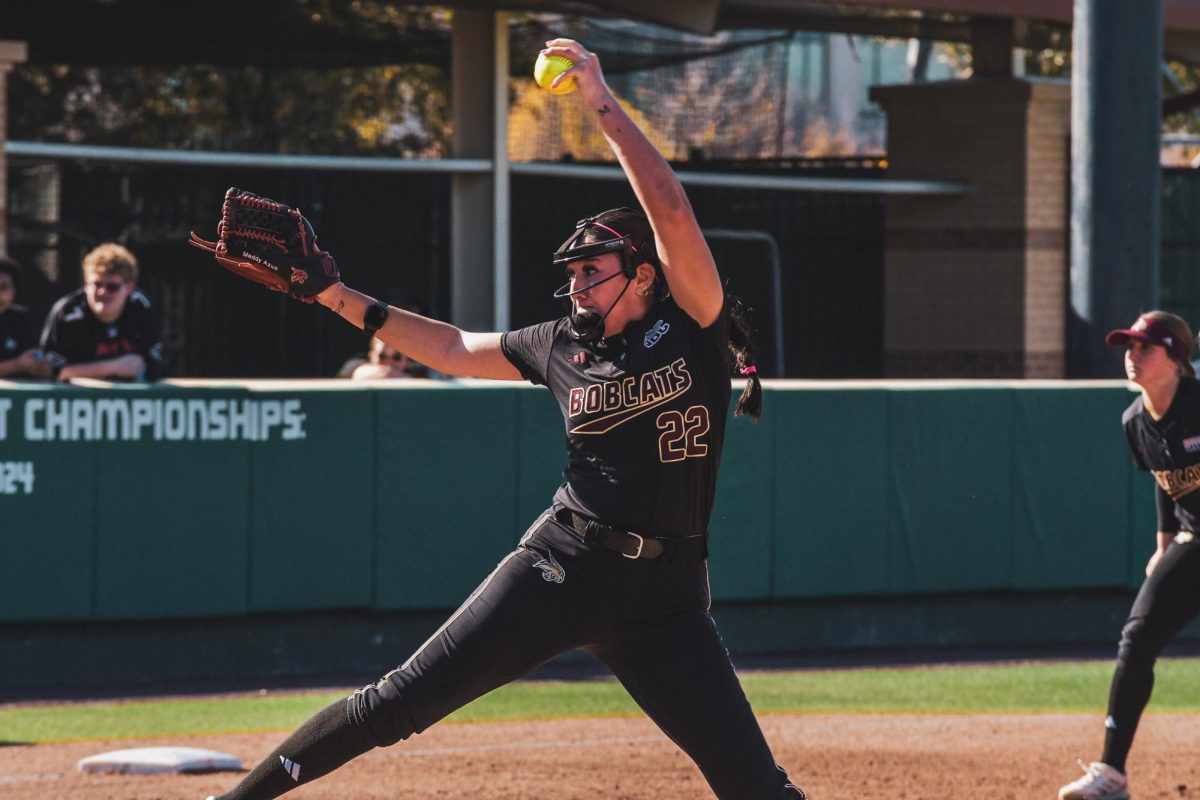


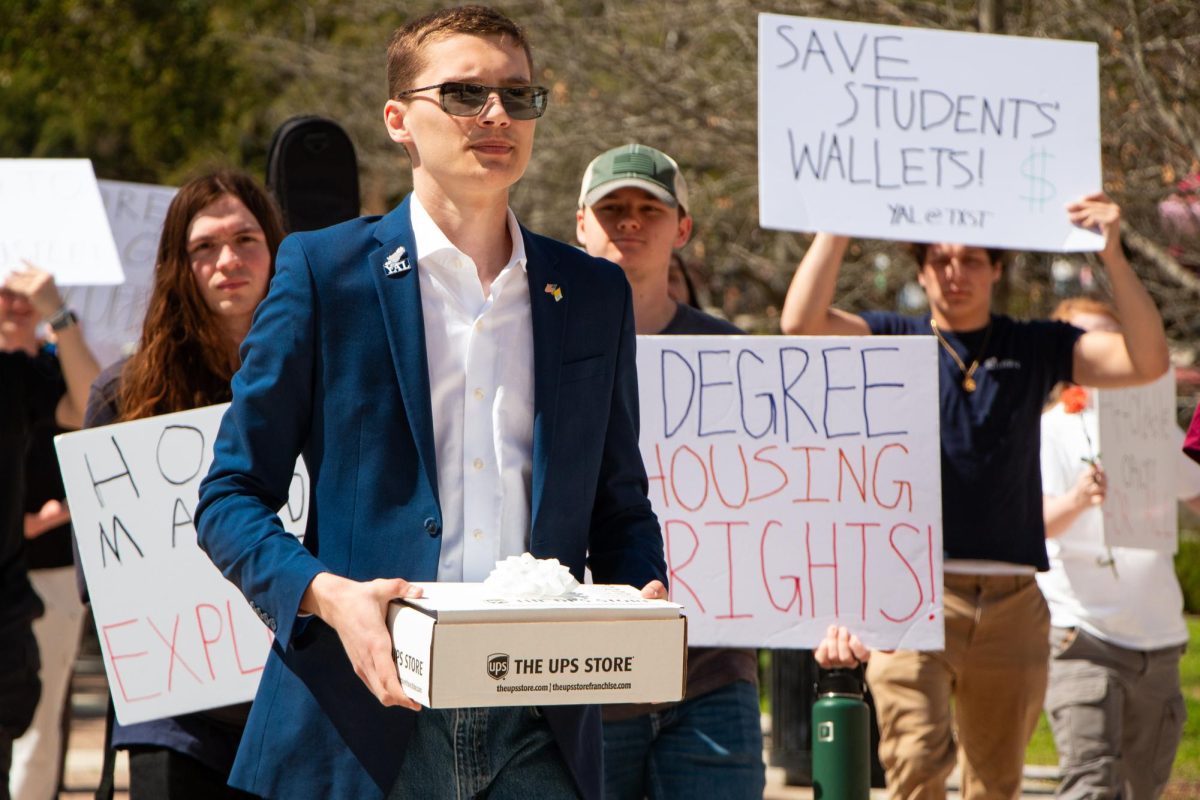


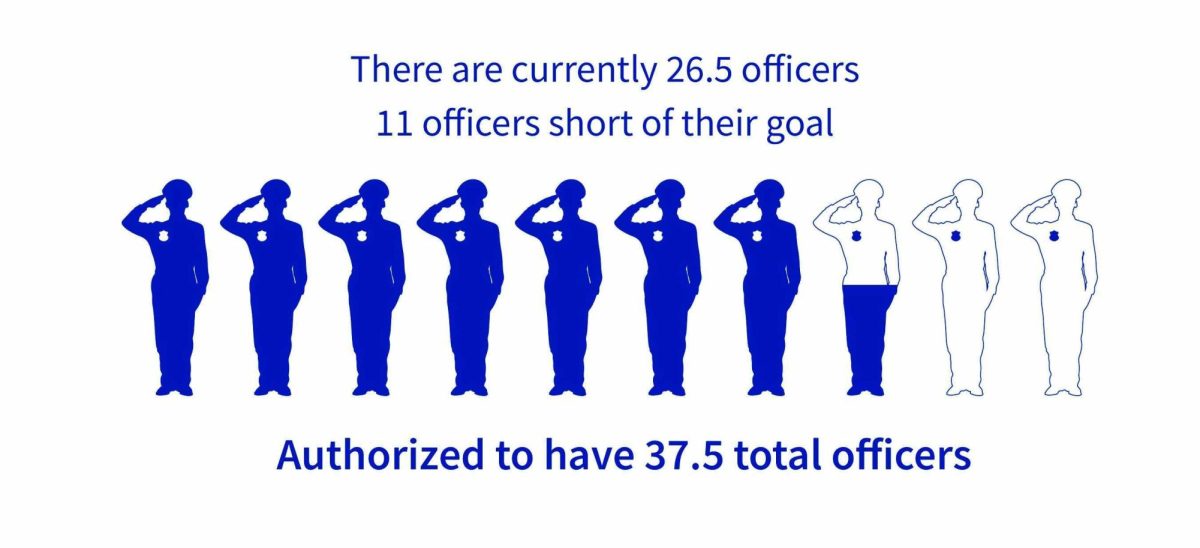

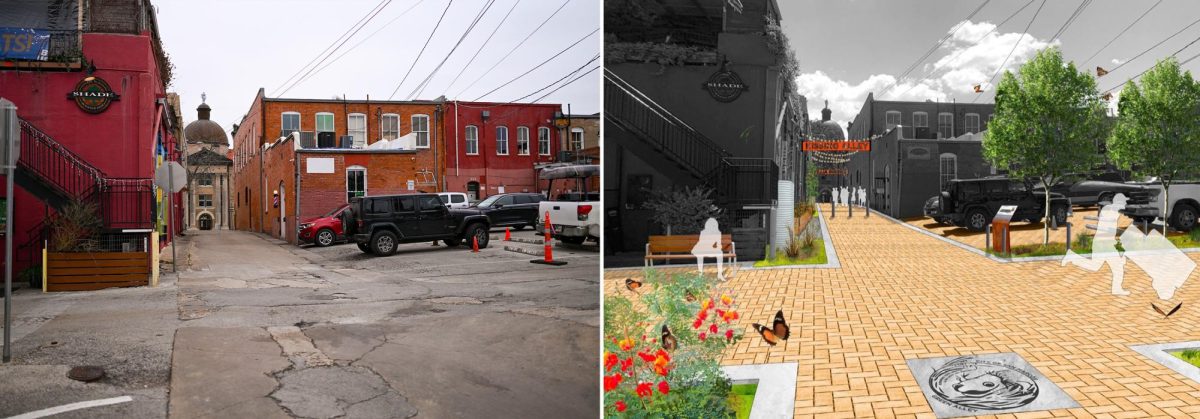



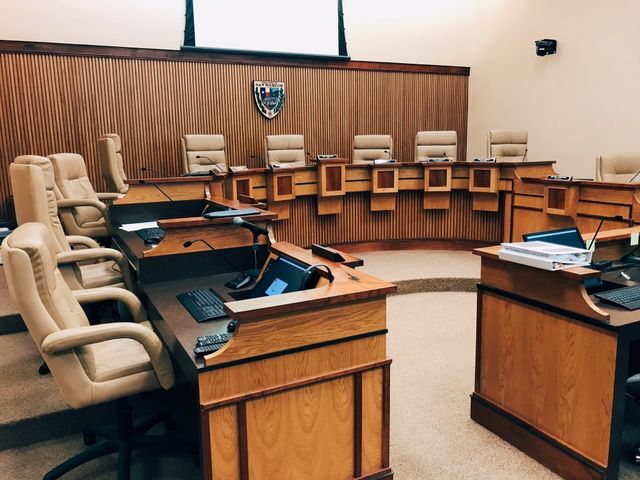

Nick • Feb 16, 2025 at 8:35 am
Legalize the stuff already! The tech is already developed to treat it like alcohol so let’s use it.
Corey • Feb 18, 2025 at 11:56 am
It will never happen. Texas is stuck in the 1930s